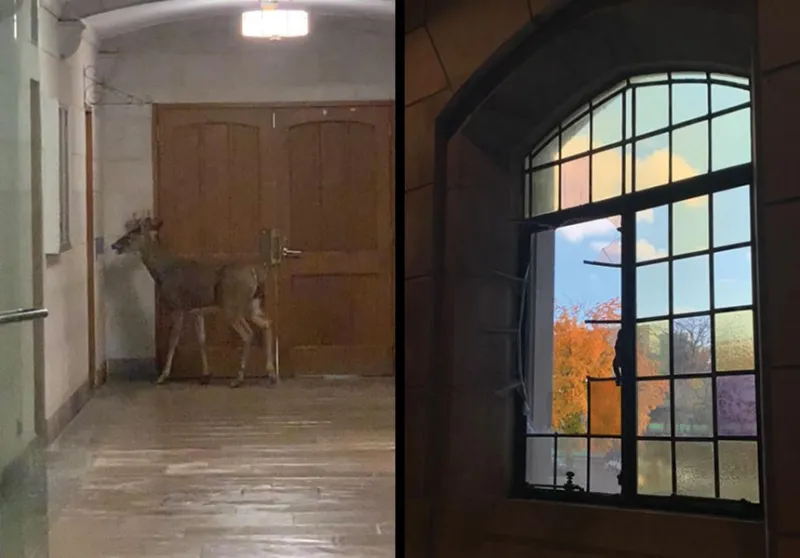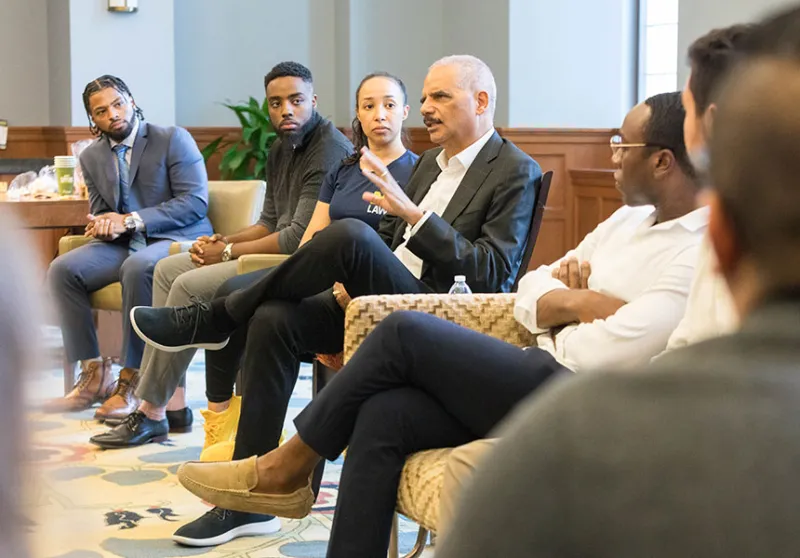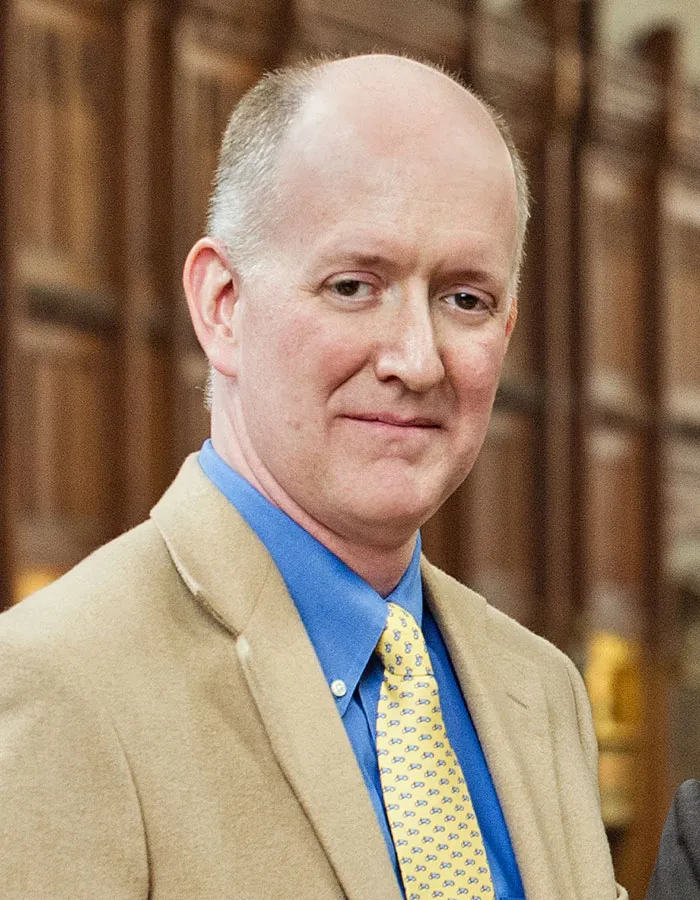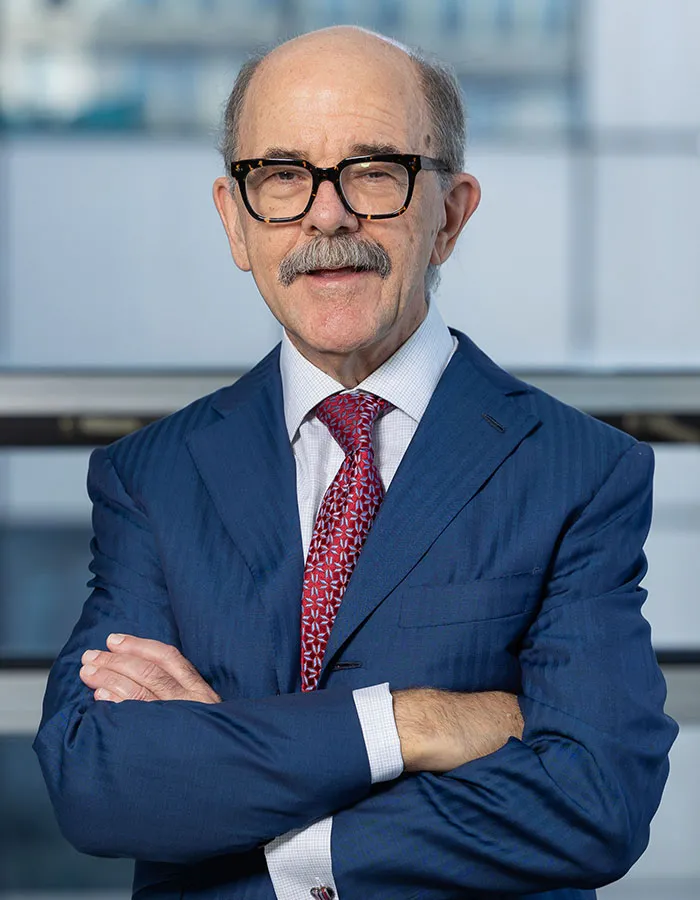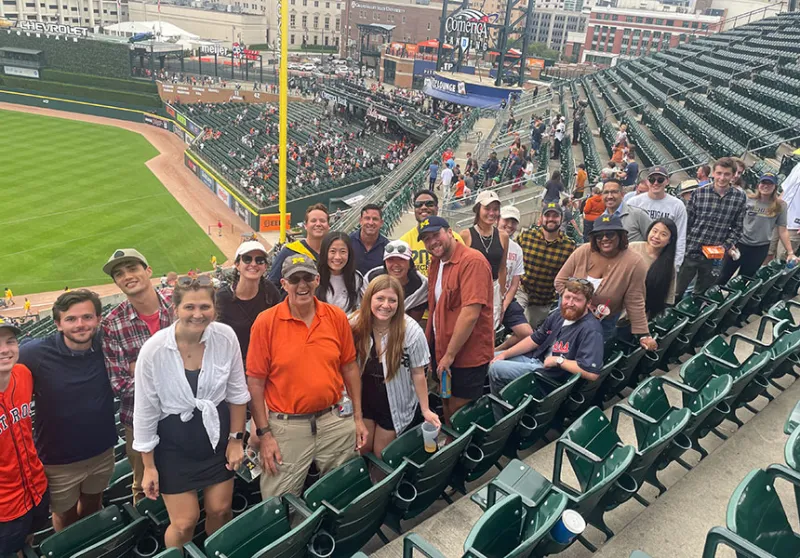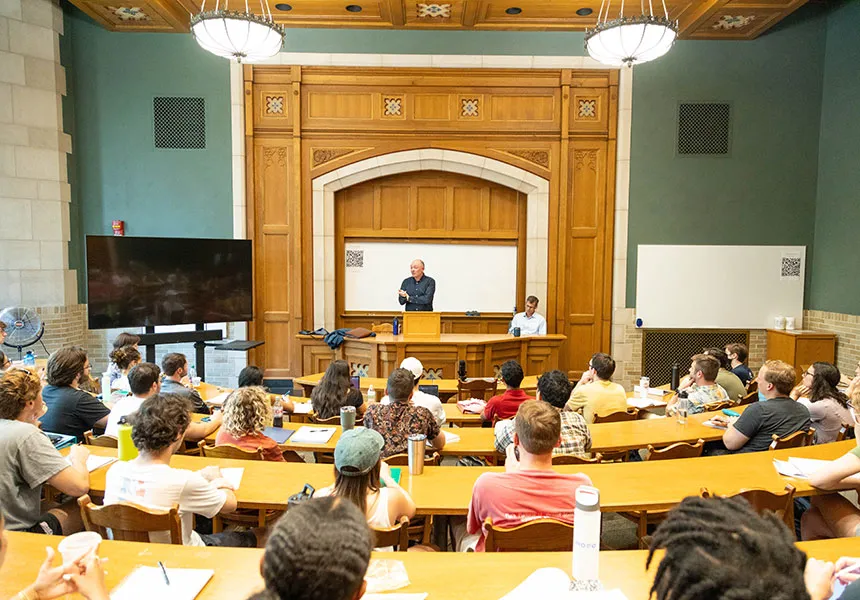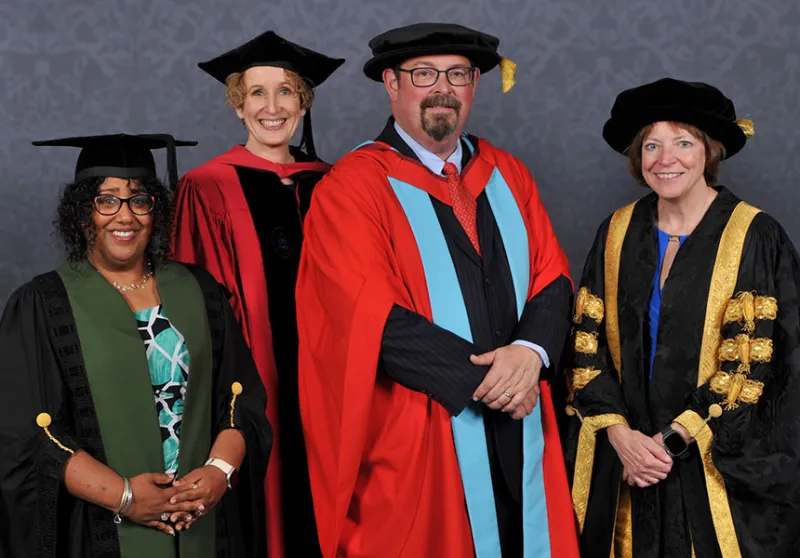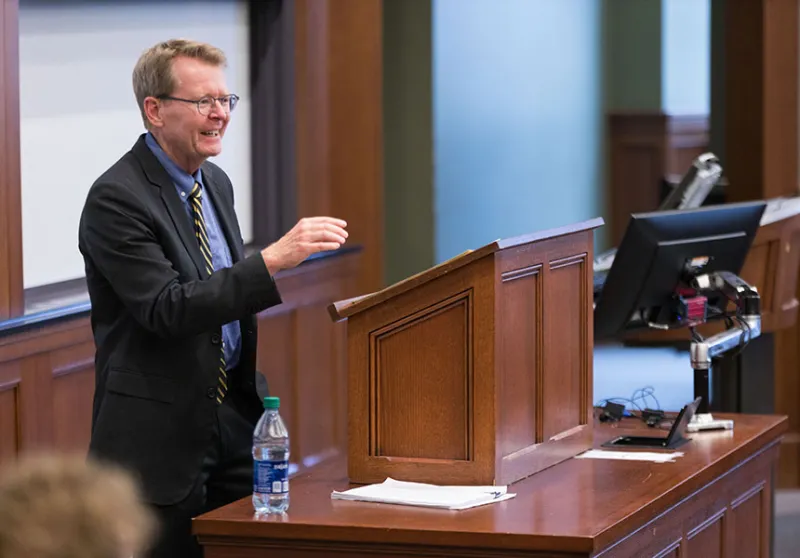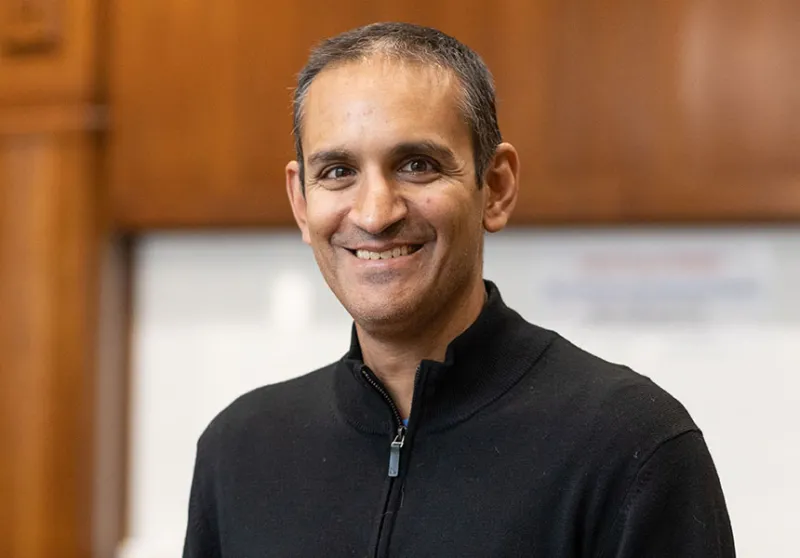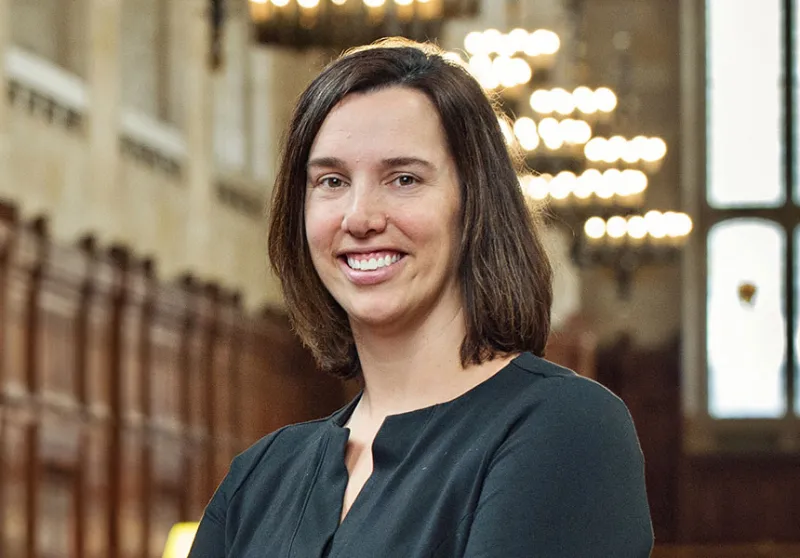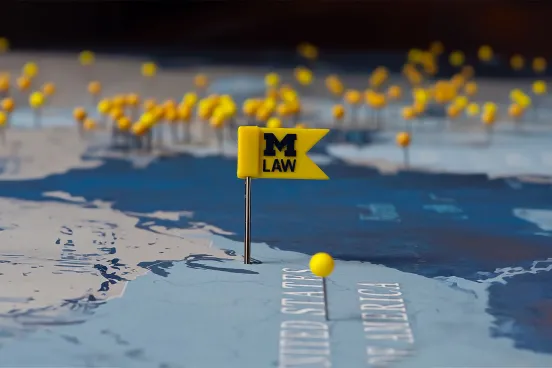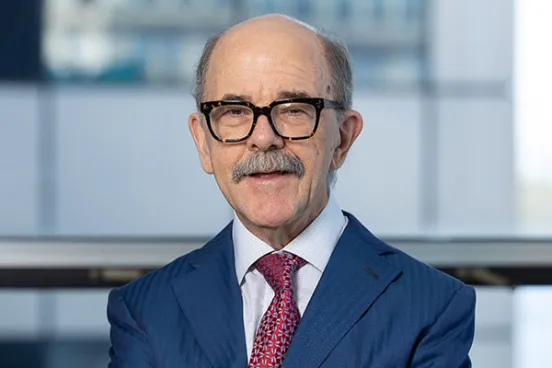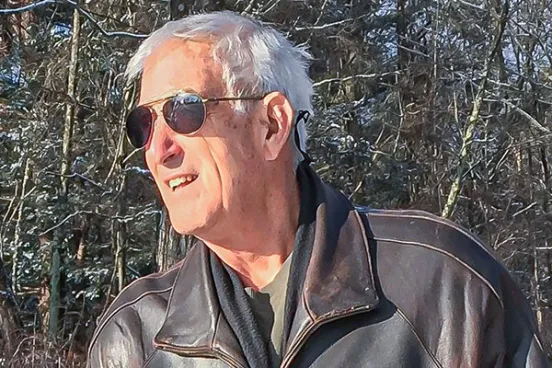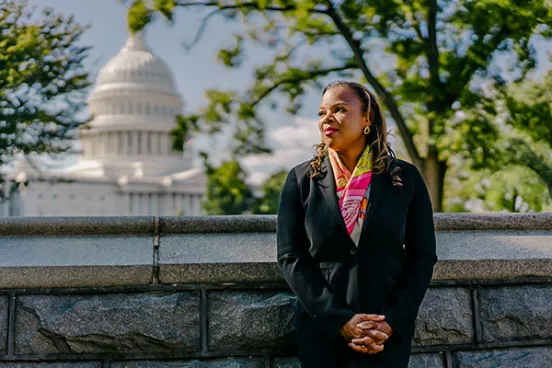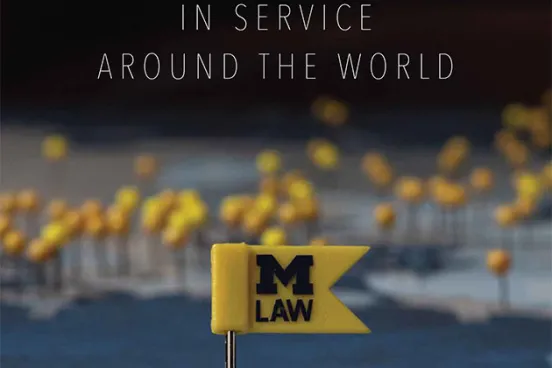LLM Class of 2024
Countries
16
Continents
6
Years of median work experience before matriculation
4
Class of 2026
Median undergrad GPA
3.85
Median LSAT = Highest combined score in Law School history
+171
“The substance of the opinion would not have garnered much attention except for the fact that it was authored by Chief Justice Roberts, who has, in the past, been no friend to the Voting Rights Act, most notably gutting its preclearance requirements in 2013. Alongside the Court’s largely status quo-maintaining decision last term in Moore v. Harper, Milligan stood out to many court-watchers as reason to hope for future stability in the Court’s jurisprudence around voting rights and democracy.”
—Emma Shoucair, ’18, in “The Outcome of Allen v. Milligan: A Tentative Victory for Voting Rights in Alabama,” published in Jurist.


